ORIGINAL RESEARCH
Published on 19 Jul 2024
Evaluating the dentistry program in Iran using the context, input, process, and product (CIPP) model: a comprehensive analysis
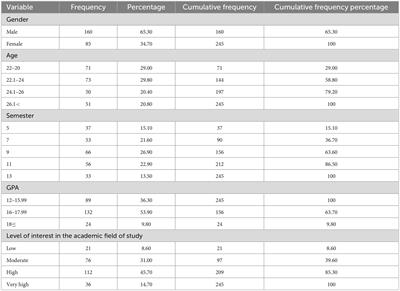
doi 10.3389/fmed.2024.1394395
- 655 views
2,651
Total downloads
10k
Total views and downloads
Select the journal/section where you want your idea to be submitted:
ORIGINAL RESEARCH
Published on 19 Jul 2024

ORIGINAL RESEARCH
Published on 30 May 2024
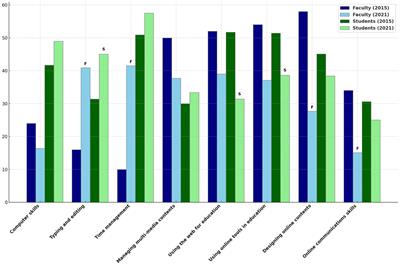
ORIGINAL RESEARCH
Published on 19 Apr 2024
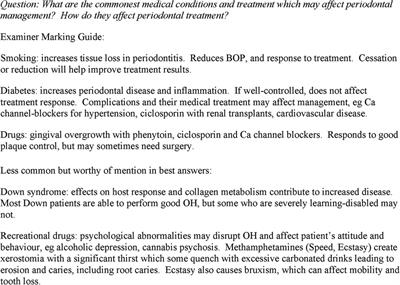
ORIGINAL RESEARCH
Published on 11 Mar 2024
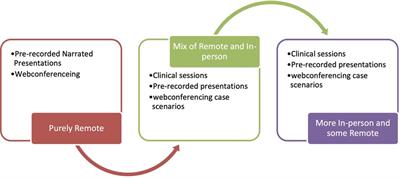
CURRICULUM, INSTRUCTION, AND PEDAGOGY
Published on 21 Feb 2024
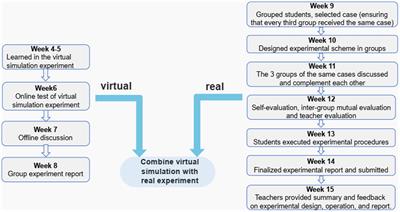
ORIGINAL RESEARCH
Published on 29 Jan 2024
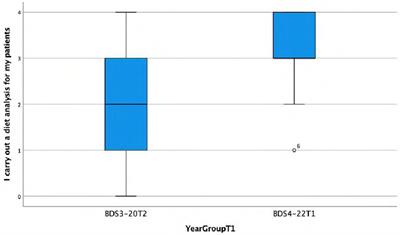
CASE REPORT
Published on 15 Jan 2024
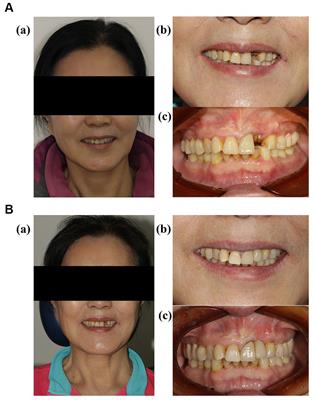
ORIGINAL RESEARCH
Published on 08 Jan 2024
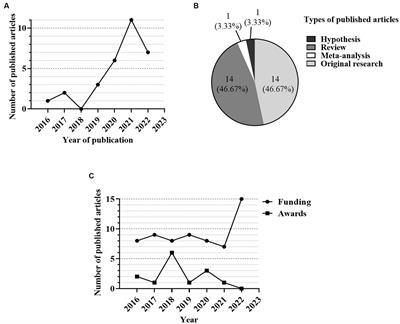
PERSPECTIVE
Published on 03 Nov 2023
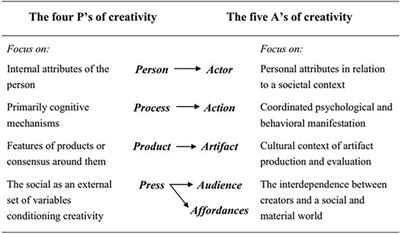

Frontiers in Medicine